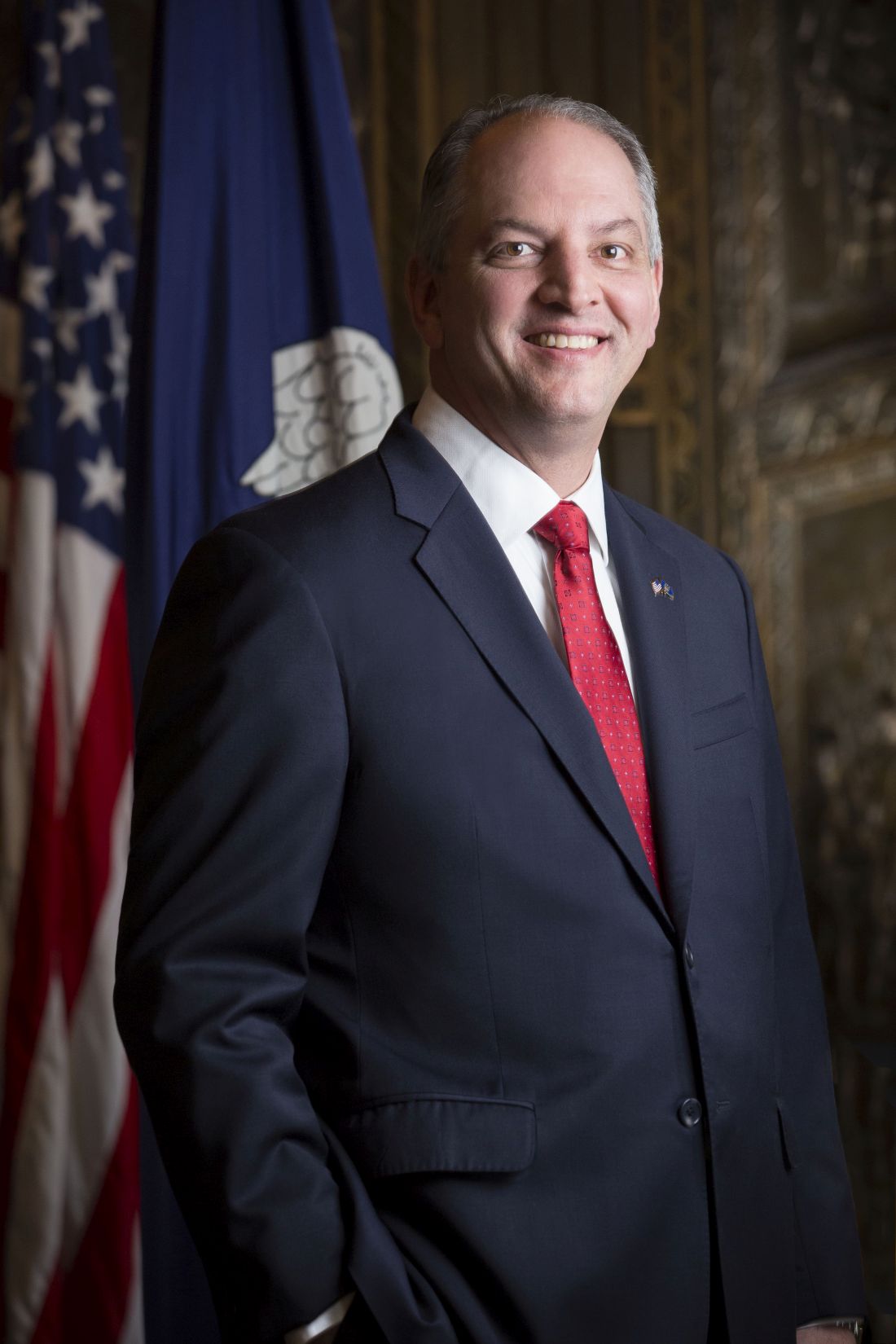User login
about the time a heartbeat is usually detectable.
The legislation, which does not include an exception for rape or incest cases, passed by a 79-23 vote on May 29 in the Louisiana House. The bill does allow exceptions if the woman’s life is in danger, if the pregnancy poses risk of serious impairment to a woman’s body, of if the pregnancy is deemed medically futile. Democratic Gov. John Bel Edwards said he plans to sign the measure when it hits his desk.
“In 2015, I ran for governor as a pro-life candidate after serving as a pro-life legislator for 8 years,” Gov. Edwards said in a May 29 statement. “As governor, I have been true to my word and my beliefs on this issue. As I prepare to sign this bill, I call on the overwhelming bipartisan majority of legislators who voted for it to join me in continuing to build a better Louisiana that cares for the least among us and provides more opportunity for everyone.”
Six other states have enacted similar abortion bans: Alabama, Georgia, Kentucky, Mississippi, Missouri, and Ohio. While most of the laws bar abortions after a heartbeat is detected, Alabama’s measure prohibits abortion at every pregnancy stage and penalizes physicians with a Class A felony for performing an abortion and a Class C felony for attempting to perform an abortion. Alabama Gov. Kay Ivey (R) signed the bill into law on May 15.
A number of lawsuits have been filed against the bans, including a May 24 legal challenge against Alabama’s law by Planned Parenthood Federation of America and the American Civil Liberties Union (ACLU), and a May 15 legal challenge against Ohio’s law by the ACLU and Planned Parenthood of Greater Ohio.
The U.S. Supreme Court on May 28 upheld part of an Indiana law that requires burial or cremation of fetal remains after an abortion, but the justices declined to address the measure’s prohibition on abortions sought because of race, sex, or disability of the fetus.
Court analysts say it’s only a matter of time before the Supreme Court takes up one of the abortion ban cases, most likely the legal challenge against Alabama’s law. Abortion critics have been encouraged by the Supreme Court appointment of right-leaning Justice Brett M. Kavanaugh, and hope the Alabama measure will drive the Supreme Court to reconsider its central holding in Roe v. Wade, court watchers said.
about the time a heartbeat is usually detectable.
The legislation, which does not include an exception for rape or incest cases, passed by a 79-23 vote on May 29 in the Louisiana House. The bill does allow exceptions if the woman’s life is in danger, if the pregnancy poses risk of serious impairment to a woman’s body, of if the pregnancy is deemed medically futile. Democratic Gov. John Bel Edwards said he plans to sign the measure when it hits his desk.
“In 2015, I ran for governor as a pro-life candidate after serving as a pro-life legislator for 8 years,” Gov. Edwards said in a May 29 statement. “As governor, I have been true to my word and my beliefs on this issue. As I prepare to sign this bill, I call on the overwhelming bipartisan majority of legislators who voted for it to join me in continuing to build a better Louisiana that cares for the least among us and provides more opportunity for everyone.”
Six other states have enacted similar abortion bans: Alabama, Georgia, Kentucky, Mississippi, Missouri, and Ohio. While most of the laws bar abortions after a heartbeat is detected, Alabama’s measure prohibits abortion at every pregnancy stage and penalizes physicians with a Class A felony for performing an abortion and a Class C felony for attempting to perform an abortion. Alabama Gov. Kay Ivey (R) signed the bill into law on May 15.
A number of lawsuits have been filed against the bans, including a May 24 legal challenge against Alabama’s law by Planned Parenthood Federation of America and the American Civil Liberties Union (ACLU), and a May 15 legal challenge against Ohio’s law by the ACLU and Planned Parenthood of Greater Ohio.
The U.S. Supreme Court on May 28 upheld part of an Indiana law that requires burial or cremation of fetal remains after an abortion, but the justices declined to address the measure’s prohibition on abortions sought because of race, sex, or disability of the fetus.
Court analysts say it’s only a matter of time before the Supreme Court takes up one of the abortion ban cases, most likely the legal challenge against Alabama’s law. Abortion critics have been encouraged by the Supreme Court appointment of right-leaning Justice Brett M. Kavanaugh, and hope the Alabama measure will drive the Supreme Court to reconsider its central holding in Roe v. Wade, court watchers said.
about the time a heartbeat is usually detectable.
The legislation, which does not include an exception for rape or incest cases, passed by a 79-23 vote on May 29 in the Louisiana House. The bill does allow exceptions if the woman’s life is in danger, if the pregnancy poses risk of serious impairment to a woman’s body, of if the pregnancy is deemed medically futile. Democratic Gov. John Bel Edwards said he plans to sign the measure when it hits his desk.
“In 2015, I ran for governor as a pro-life candidate after serving as a pro-life legislator for 8 years,” Gov. Edwards said in a May 29 statement. “As governor, I have been true to my word and my beliefs on this issue. As I prepare to sign this bill, I call on the overwhelming bipartisan majority of legislators who voted for it to join me in continuing to build a better Louisiana that cares for the least among us and provides more opportunity for everyone.”
Six other states have enacted similar abortion bans: Alabama, Georgia, Kentucky, Mississippi, Missouri, and Ohio. While most of the laws bar abortions after a heartbeat is detected, Alabama’s measure prohibits abortion at every pregnancy stage and penalizes physicians with a Class A felony for performing an abortion and a Class C felony for attempting to perform an abortion. Alabama Gov. Kay Ivey (R) signed the bill into law on May 15.
A number of lawsuits have been filed against the bans, including a May 24 legal challenge against Alabama’s law by Planned Parenthood Federation of America and the American Civil Liberties Union (ACLU), and a May 15 legal challenge against Ohio’s law by the ACLU and Planned Parenthood of Greater Ohio.
The U.S. Supreme Court on May 28 upheld part of an Indiana law that requires burial or cremation of fetal remains after an abortion, but the justices declined to address the measure’s prohibition on abortions sought because of race, sex, or disability of the fetus.
Court analysts say it’s only a matter of time before the Supreme Court takes up one of the abortion ban cases, most likely the legal challenge against Alabama’s law. Abortion critics have been encouraged by the Supreme Court appointment of right-leaning Justice Brett M. Kavanaugh, and hope the Alabama measure will drive the Supreme Court to reconsider its central holding in Roe v. Wade, court watchers said.

